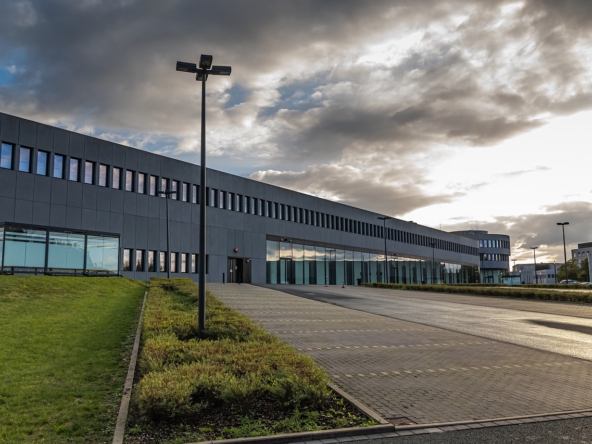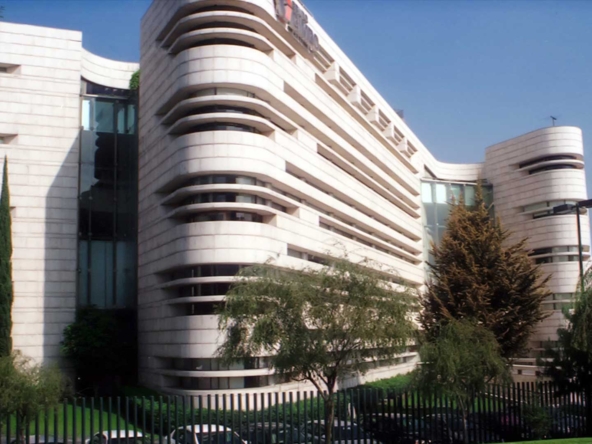By Sudhir Khatana, Consultant CRE-Noida, Studio Khozi
Investing in commercial real estate (CRE) offers significant potential for growth, stability, and high returns. However, success in CRE largely depends on making informed decisions. One of the most critical factors is evaluating the Return on Investment (ROI). In this article, we will discuss how to assess ROI in commercial real estate investments, helping you make smart investment decisions.
Understand the Basics of ROI in Commercial Real Estate
ROI is a financial metric used to measure the profitability of an investment. In commercial real estate, it helps investors determine the return they can expect relative to the cost of the investment. The formula is simple:
ROI = (Net Profit / Total Investment) x 100
Net profit includes rental income, property appreciation, and any other revenue minus operating expenses and initial investment costs.
Calculate the Cash Flow
Cash flow is the net amount of money being transferred into and out of the investment after deducting operating expenses. Positive cash flow indicates that the property is profitable and generating income, while negative cash flow could be a red flag. Assessing cash flow is essential because it determines whether your CRE investment will sustain itself in the long run.
Account for Property Appreciation
Commercial real estate investments typically appreciate over time. This increase in property value can significantly contribute to your ROI. Keep in mind that appreciation depends on several factors, including location, market demand, and economic conditions. Estimating future appreciation helps evaluate the potential return on investment.
Consider Operating Expenses
Expenses such as property management fees, maintenance, taxes, and insurance can eat into your profits. Be sure to calculate these costs accurately when evaluating ROI. High operating expenses can drastically lower your returns, so understanding the cost structure is crucial to a successful investment.
Factor in Financing Costs
If you’re leveraging financing for your commercial real estate purchase, you need to factor in interest payments and loan costs. These costs directly affect your ROI, especially if interest rates fluctuate over time. Always account for your debt service when calculating your returns.
Evaluate the Market
The success of a CRE investment depends heavily on the local real estate market. Research trends, vacancy rates, and future developments in the area. A well-performing market with strong demand can enhance your ROI through both higher rental income and property appreciation.
Perform a Comparative Market Analysis
Comparing your potential investment with similar properties in the area helps gauge its profitability. Look at rental rates, occupancy levels, and recent sales to evaluate whether the investment is priced fairly and has strong earning potential.
Look at the Capitalization Rate
The capitalization rate (cap rate) is another critical measure in CRE. It represents the rate of return expected on an investment property. The formula is:
Cap Rate = (Net Operating Income / Current Market Value) x 100
A higher cap rate indicates a better return, but it also might imply higher risk. Evaluate the cap rate in conjunction with other metrics like cash flow and appreciation to get a complete picture of the investment.
Consider Long-Term vs. Short-Term Returns
Commercial real estate can provide both short-term income and long-term gains. Some investments may offer immediate cash flow, while others may take time to appreciate. Balancing these short- and long-term benefits can optimize your overall ROI and ensure sustained profitability.
Evaluating ROI in commercial real estate requires a thorough analysis of multiple factors, from cash flow to market trends. By understanding these key metrics and considering both the costs and benefits, you can make informed decisions that maximize your returns. Commercial real estate offers incredible potential, but success lies in the details.
Investing in commercial real estate can be rewarding when approached strategically. By evaluating ROI with the right tools and knowledge, you position yourself for long-term growth and financial success in the CRE market.
Follow me for more insights into commercial real estate investments and opportunities.




